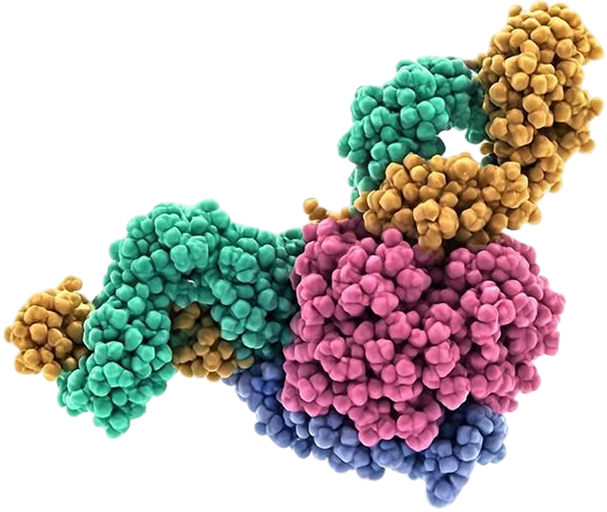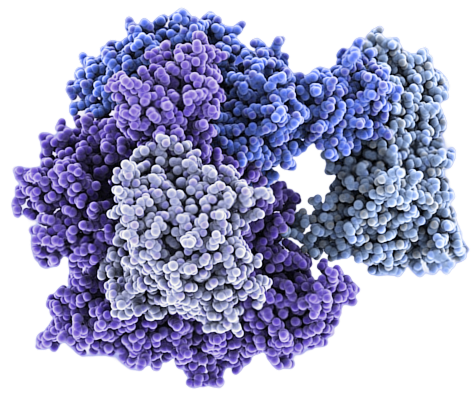

Advance science. Share your data.
We are transforming chemistry research by providing researchers with immediately usable primary data through a simplified submission process, improving data usability via technology, and empowering the scientific community with accessible foundational research.
How ACS Chemistry Databank works
Deposit Your Data
If sharing, deposit prior to manuscript submission. Your data will be private during Peer Review.
Link to Primary Research Data
Enter your “private for peer review” link during manuscript submission in ACS Publishing Center
Curation
Work with human curators from Dryad to improve the usability and usefulness of your dataset.

Benefits of sharing your data

Boost your citations
Receive a citable DOI. Data sharing increases your citations.
Enhance your credibility
Inspire reader confidence in your conclusions by sharing your data.
Advance scientific progress
Academic researchers streamline their work by leveraging your data.
Ensure funder compliance
Satisfy funder mandates to make data openly available.
Amplify science
ACS Chemistry Databank makes it simple for you to share your primary research data, ensuring your work is accessible, citable, and impactful.
Why use ACS Chemistry Databank?

Curated by humans
Collaborate with curators at Dryad to enhance the usefulness of your data.
Expect data longevity
CDB ensures long-term data preservation.
Free to use
No deposit fees + free, open access to data.
Most trusted
140,000+ scientists per year trust ACS Publications to advance their work.

Frequently Asked Questions
ACS Chemistry Databank (CDB) is a new service from ACS Publications that enables authors to share primary research data. This service allows authors to freely upload primary research data associated with their accepted manuscripts. Each dataset shared through ACS Chemistry Databank will be assigned a DOI (Digital Object Identifier) and made freely available to the public. This not only preserves the authors' research data but also makes it easier for readers to access useful experimental data for learning, building upon, and replicating studies.
ACS Chemistry Databank is powered by Dryad, an open data publishing platform. Data submitted to ACS Chemistry Databank is sent to Dryad, where it is curated by their team and made publicly available in perpetuity.
There is no cost to use ACS Chemistry Databank. ACS Publications covers the deposit costs on behalf of the author for accepted papers.
Yes, a DOI will be supplied to you via email as soon as your data is received by ACS Chemistry Databank. The DOI can be used to download, view, or share your dataset and should be included in your data availability statement.
Please note, the DOI will be active only upon publication of your dataset.
Currently, no. However, we are exploring this as a future capability.
The data availability statement section of a published journal article will have a hyperlink to the dataset landing page. Keep in mind that not all articles will have shared datasets.
No, using ACS Chemistry Databank won't affect your manuscript's acceptance. The peer review process is independent of where your data is stored. Reviewers focus on the quality and significance of your research, not which data repository was used